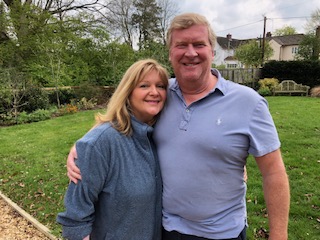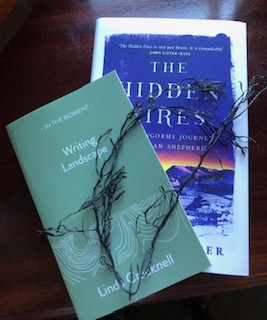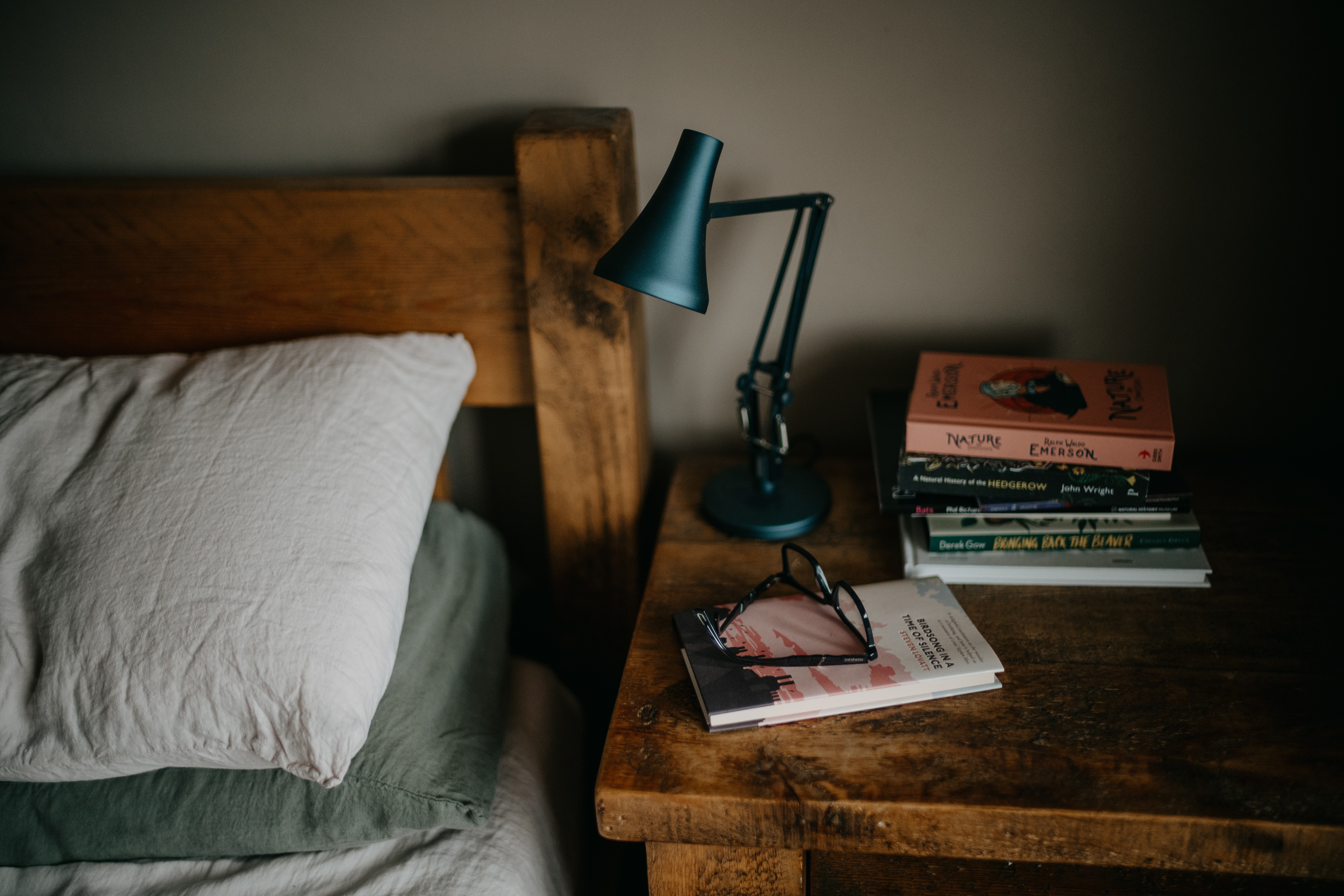Leaving the mythical grandeur of Scotland for the traffic clogged roads of England was pretty demoralising. What kept me cheery was the prospect of meeting up with old university friends in East Anglia.
Gone were the days of tuna bake and cheap booze in our shared house. These were replaced with Liz’s ornate Swedish celebration cake and blood orange G&Ts in their gorgeous home. What had not changed was the pleasure we took in each other’s company.

Image: Karen Costello-McFeat
Though we had left Scotland, it is fair to say that it has not left me. My thoughts continually drift back to those magical days and this post is an opportunity to visit once again.
Last week, I focussed on the beauty of nature in the far north and this week I’d like to turn to more human concerns. For despite the small and often scattered populations of the Highlands, it is replete with cultural interest.
Walking with the ancients
No trip to the Highlands is complete for me without a little visit to the Clava Cairns. We were startled to find that a few other people had discovered them too, but while they disembarked their mini-buses and rushed around the site, we waited to hear the whispers of our ancestors.

The mysterious Picts
The Pictish peoples are said to have disappeared from Scotland, though our DNA would probably tell us otherwise. Though their culture has been largely lost, it is believed that they merely assimilated with their Gaelic and Scots contemporaries. Since the Picts had no written language, it is hard to establish exactly what life was like, but we do have some wonderful archaeological evidence to go by.
They left magnificent carved standing stones and they left the outlines of their villages. In Burghead, we came across a Pictish settlement as shown below, left. The location was ideal for repelling Viking and other invaders and the proximity to the sea ensured a stable food supply. Though the Romans viewed the Picts as barbarians, it seems that, inter-tribe fighting aside, they were a very civilised people, growing crops and maintaining quite complex communities. It takes a little imagination to turn photo one to the imagined settlement below, but it is not impossible.

Image: Karen Costello-McFeat

Kinloss Abbey
On our return from Burghead, we came across another beautiful, Romantic ruin. Following the signs, we set off to explore. It transpired that these now tumble-down walls were once part of one of the largest, and most prosperous abbeys in Scotland. The site is huge. Low walls indicate where buildings once stood and a whole section waits to be made safe for viewing.
Though the abbey is ancient (12th century), the place has not stood still in time. Over the centuries, it has continued to be a burial ground. Large, ornate mausoleums press close to the abbey walls, in the hope, perhaps, that their wealthy residents could jump the queue at the resurrection. More poignantly, it is a military graveyard containing a number of much plainer, humbler Commonwealth graves.

Castle Rait and a ghost story
Castle lovers could hardly wish for more treasures to explore than in Scotland. Inverness Shire, where we were staying had 69. Venture into the neighbouring county and there are a further 260. Even my husband would not run out! Indeed, castles are so plentiful that even some of the best preserved haven’t warranted a brown sign. Rait Castle is one such. It is found at the end of a farmer’s track, but is truly a fascinating ruin.




This 13th century castle, like most castles, has a horrible history. According to legend, this ruin is haunted by the handless ghost of a young maiden. The story behind it is part Romeo and Juliet and part clannish betrayal.
Here is a very short account:
There was a young woman, daughter of Laird Cumming, who loved and was loved by the son of a rival clan – the Mackintoshes. Her father hated his enemies and planned to destroy them at a feast.
Learning of his devilish plan, the young woman set off to warn her beloved.
The night of the feast arrived and the Mackintoshes feigned good humour and ignorance of the plot. Yet, when the signal was given to the Cummings to attack, the Mackintoshes pulled their dirks (long bladed daggers) from the folds of their clothes and slaughtered the Cummings.
Realising that he had been betrayed by his daughter, Cummings followed her up to the first story tower room (see above centre) and as she attempted to jump from the window, chopped off her hands.
Whether this story is true of not, I would certainly not wish to linger in the environs after dark.
Bookish times
Despite the above, all was not murder and mayhem in Scotland. It is a country renowned for its excellent educational system and with providing the world with a disproportionate number of great thinkers.
That tradition still holds and I was delighted to find that both Grantown on Spey and Nairn had excellent independent book shops. Nairn even has a book and arts festival at the end of August each year. Not bad for a town with a population of 12,000!
On our visit to Grantown’s bookshop, we discovered that the owner had organised a book event at a local venue. The speakers, Merryn Glover and Linda Cracknell were speaking about their new books: one retracing the steps of Nan Shepherd and the other writing about nature. How could we resist?

It was a wonderful evening, though Hermione could not quite contain herself sufficiently to last the whole talk!
At the same bookshop, we’d found a new favourite author, S J MacLean and now we had two more to add to our shelves. Indeed, we came home laden with books – some old and some new. The clement weather had left no time for reading!
Highland hospitality
And lastly, our stay would not have been nearly so good if we hadn’t been spoiled by the kindness of everyone who helped us. The lovely hotel below, could not have been more welcoming: including providing Hermione with her own bacon each breakfast.

We enjoyed fabulous meals and chats everywhere we went. We may have been strangers, but we were treated like old friends.
From hardship to happiness
Times have more often than not been exceptionally hard in these remote regions. Fishing was the main source of income for those on the coast and it was both desperately exhausting for the women sorting, preparing and selling the catch and dangerous for the men in unpredictable waters.
But now, all that remains of these times is the beautiful statue of a fishwife overlooking a small marina – a symbol that could not be beaten to illustrate the new prosperity.
But the honesty and kindness of the region has not been lost over time. The wee cake shop provides delicious treats and drinks and works on the honesty system. The exquisite peacock that resides in Cawdor had been abandoned by its owners and adopted by the town. His magnificent feathers attest to his good care.



A final touch of magic
I promised you magic in my title and I have one last charm. Though Nessie did not reward us with a sighting at Loch Ness, we did have a little magical incident on our way home from the book talk. I was telling my husband a strange story that I had read in Country Living about MacFarlane’s The Lost Spells. in it, his illustrator had been repeating the owl ‘spell’ poem, in the hope of conjuring one to see. It didn’t work and she was a little disappointed. However, the next day her son phoned to say how, surreally, an owl had turned up on his doorstep. What a gorgeous tale, I told my husband. Five minutes later, his headlights swept the wooded landscape and what should I see sitting regally on a fence post but the ghostly white breast of a barn owl. Coincidence? Perhaps. But I prefer to think of it as Highland magic.









